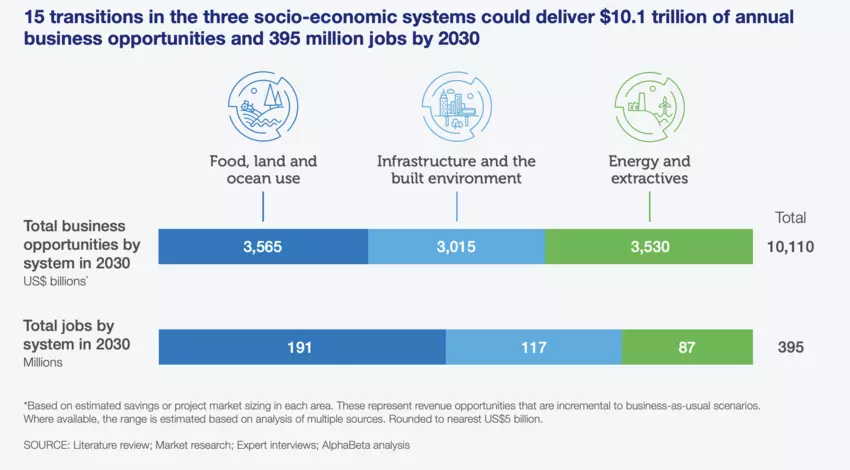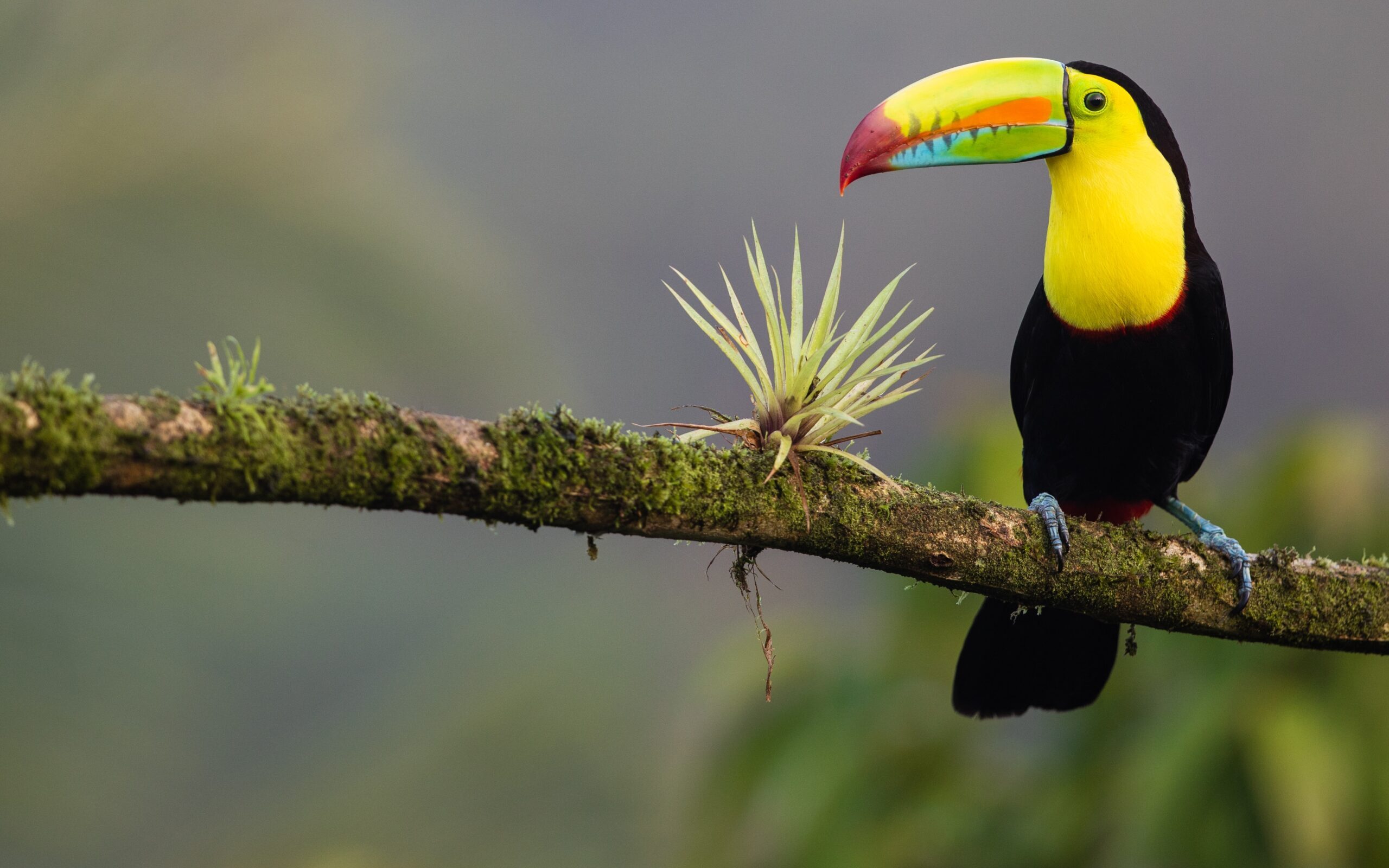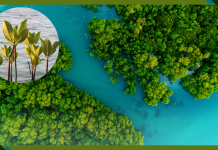Written by: Natasha Ferrari and Klara Nilsson
Decisions made by governments in response to the COVID-19 pandemic will determine the future health, wellbeing and resilience of people and planet.
New policy recommendations offer governments around the world the chance to maximise the economic opportunities that lie in nature, delivering 395 million new jobs by 2030 while protecting the natural capital needed for public health, food and societal resilience.
Ambitious and diverse action is being undertaken by ministers in Costa Rica and Germany demonstrating that solutions exist, and that the world should not go back to ‘business as usual’.
The COVID-19 pandemic has unleashed a global health and economic crisis, and has also exposed the fragility of the world’s systems, including the natural world on which people rely for food, water, and air.
But governments looking to stimulate their economies in response to this crisis have a sizeable opportunity to integrate nature into their policies; doing so could create 395 million new nature-friendly jobs by 2030, while building resilience by improving food security and public health, and reducing climate risks.
Two ministers – Carlos Manuel Rodríguez, a former Costa Rican Environment and Energy Minister, now CEO and Chairperson of the Global Environment Facility, and Svenja Schulze, the Minister for the Environment, Nature Conservation and Nuclear Safety in Germany – are shaping a nature-positive economy in their respective countries, in support of both people and planet.
Their work offers examples of the action governments can take, and a new policy companion published by the World Economic Forum in collaboration with SYSTEMIQ in offers leaders recommendations for kickstarting similar opportunities in their own countries. Protecting and restoring nature is economically beneficial.
Making room for nature
“Environmentally friendly investments create secure jobs for the future,” says Schulze. “In Germany, many good jobs have already been created in renewable energy, the circular economy and environmental technology. And this trend is continuing.”
In Costa Rica, green investments have a longstanding history. “We believe nature-based solutions to be the central theme to an economic revival,” says Rodriguez. He highlights Costa Rica’s new + Natura Strategy, which “consists of an umbrella public policy that encompasses all the initiatives of nature-based solutions, including payments for environmental services and the promotion of new initiatives that create local linkages and sustainable business models”.
In Germany, the government has launched initiatives such as the domestic Climate Protection Act, while more recently the country’s Ministry of Environment launched an international ‘Corona Response Package’ worth €68 million ($79 million), which, as Schulze explains, will support developing countries in linking their economic recovery with climate action, nature and biodiversity conservation and pandemic prevention.
“In India, for example, we are supporting the rehabilitation of mangroves and sustainable tourism, in Peru we are helping to involve private companies in the restoration of forests and in Costa Rica we are promoting economic advice on climate-friendly economic models and regional dialogue about these models,” she says.
Why business as usual is not an option
Both ministers agree it is time to stop treating nature as an unlimited resource. Instead, it must be seen as the foundation of economies designed for greater resilience, equity and human health.
“First we need to understand the direct relationship between pandemics and zoonosis (transmission of animal-human diseases),” says Rodriguez. “Only by establishing a balanced relationship with nature can we see key benefits such as improved quality of jobs, food and water security, as well as improved human health.”
Bold policy ambition and political leadership is needed to “realign our economy and society with climate neutrality and with a way of life in harmony with nature. This will make our economy and society more resilient, more viable for the future”, says Schulze. “The coronavirus crisis has shown how important forests and green spaces are for human wellbeing.”
The German government is promoting green urban infrastructure as part of its stimulus package, one of the recommendations in the policy companion.
As well as making room for nature in urban settings, Rodriguez believes in “building a circular economy that grants longer periods of regeneration to ecosystems” and “societies in which we can capitalise on nature without destroying it”.

Credit: World Economic Forum New Nature Economy report II
Sustaining the ambition
Rodriguez sees an opportunity to build on this momentum, explaining that in Costa Rica they are “identifying, developing and reproducing sustainable practices in other areas of the country as part of the National Strategy for Territorial Development”. This year, the Costa Rica + Natura Strategy is also “looking to collaborate with the Ministry of Agriculture on an agro-environmental agenda to support the sustainable development of national food production”, he adds.
Similarly, Germany is adopting smarter policies that offer guidance in different sectors. “In Germany, we are currently working on a due diligence law for supply chains to create environmental and socio-political due-diligence requirements for companies,” explains Schulze. “The federal government has already passed national guidelines on deforestation-free agricultural supply chains.”
Maximising the economic opportunity in nature
In addition to supporting regenerative value chains, governments and businesses must begin ‘measuring the right things’ as proposed in the policy companion, and which Schulze says “is also in companies’ own interests”. Integrating natural capital accounting into both public and private budgets could help monitor and therefore better manage natural capital beyond current measures. She adds: “The economic parameters that are mainly used today, including gross domestic product, stock prices and corporate profits, do not actually reflect environmental and social issues.”
As many governments look to stimulate their economies, sustainable financing should sit at the top of a joint agenda. “Together with our Federal Minister of Finance, for example, I am committed to ensuring that climate action, the preservation of forests, nature as a whole and biodiversity are sufficiently reflected in financial decisions,” says Schulze. “We need this solidarity to send strong political messages to the private sector and the financial industry.”
Rodriguez and Schulze remain optimistic about the future, but other countries need to follow suit. Investing in nature has the potential to create jobs, mitigate climate change, build resilience and food security, and establish a new industry of opportunities for future generations.
Header Image Credit: Unsplash
Republished with permission from World Economic Forum







